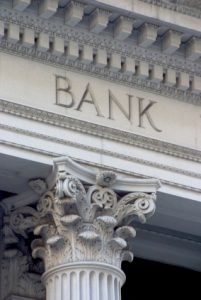THE NEED & THE CHALLENGE
.
The Need
Challenges in today’s world are more difficult than at any time in our history. Problems, disappointments and the unexpected are commonplace:
- decisions often do not 'work out' as intended
. - with hindsight, decisions can be so obviously wrong! "Surely it must have been possible to do better?"
. - opportunities are overlooked
. - too many surprises
. - reactive, not proactive, responses to events
. - problems are unconsciously changed to avoid difficult decisions
. - unintended consequences are common
. - assumptions remain hidden, unquestioned
. - human behaviour is inherently unpredictable
. - bias creeps into decision making
. - the 'process of decision making' is ignored.
The above are recognisable based on our own experiences and events reported daily in the news.
.
The Challenge
Organisations and individuals need to improve their understanding of situations, challenges and uncertainties.
They need to be able to gain greater insight, going beneath surface appearances, avoiding the misleading and the distracting.
They need to be able to work in groups with each person enabled to contribute the best they have to offer, their knowledge, experience and personality.
They need to be able to make good decisions, effectively and efficiently, and have shared understanding to implement those decisions.
They need to be engaged, confident and committed. And happy!
.
The risk of 'standing still'
Research shows that organisations decline when they fail to evolve, becoming too rigid and too fixed in their ways, unresponsive to the changing world.
Crises occur when hidden weaknesses align initiating a cascade of problems.
Companies and their employees, policies and processes should never 'stand still' in today's world. Everything should evolve, skills updated, new thinking encouraged, threats avoided, opportunities identified and potential unlocked.
.
.
.
.
.

Financial institutions failed in environments that they no longer understood. Short-term thinking and harmful incentives drove decision making.
Even to those with no background in finance, it was obvious that certain key decisions were irresponsible!
.
.
.
.
.
.
.


